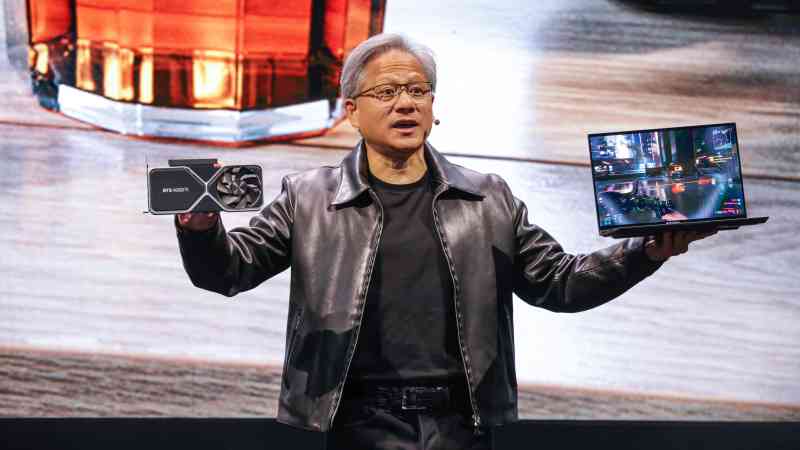What the Hargreaves Lansdown takeover means for your money
Hargreaves Lansdown shareholders have approved a £5.4 billion takeover bid by a consortium of private equity funds led by CVC Capital Partners.
The offer values Britain’s biggest investment platform at 1,140p per share and is more than 15 per cent higher than the 985p per share offer made in April, which was dismissed by the Hargreaves Lansdown board as significantly undervaluing the company.
The company’s share price jumped more than 2 per cent during early trading on Friday to about 1,102p a share. The stock price is up more than 50 per cent since the April bid, but is down 54 per cent from its May 2019 peak.
• Hargreaves Lansdown agrees £5.4 billion takeover
The takeover by the consortium, which also includes Nordic Capital and Platinum Ivy (owned by the Abu Dhabi sovereign wealth fund), means the company will become privately owned for the first time since it was listed in 2007.
This will have huge implications for its customers and investors. We answer your questions.
The deal is still subject to final shareholder and regulatory approval. Details will be sent to shareholders next month and they will then be able to vote. There must be a 75 per cent majority for the deal to get the final go-ahead. It is widely expected to be approved.
If approved, shareholders will be able to transfer their stake to the new unlisted company or accept cash in exchange for their shares. Those wanting to sell their holding will get 1,110p per share in cash, plus a dividend of 30p per share, taking the total to 1,140p per share.
Those who wish to retain their stake will be subject to an overall cap of 35 per cent ownership.
Jason Hollands from the wealth manager Evelyn said: “Most investors will receive cash if the offer is made and approved. The option to continue holding shares is almost certainly aimed at the founders and large institutional shareholders, not retail investors.”
Being listed on the stock market means that Hargreaves Lansdown shares are easily traded at present.
When the company goes into private hands, which is likely to happen in the first three months of 2025, you will no longer be able to trade in the same way. Instead, if you want to offload shares you will have to find a buyer or wait until the new owners decide to sell or list the company on a stock exchange again.
Unlisted firms can also be difficult to value so you may not know what your holding is worth until someone agrees to buy your stake from you.
You are free to sell your shares any time before the completion of the takeover. If the share is trading above the 1,140p offer price at the point at which the takeover completes and you wish to leave, you will receive only that amount per share.
It is unlikely there will be any changes to your service. Any new owner is unlikely to make any significant changes, at least in the early stages after a takeover.
You should be able to continue to access your account and trade without any loss of service, regardless of who owns the business.
Regardless of ownership, the company will continue to be regulated by the Financial Conduct Authority, the regulator. This means you will be able to take any complaints to the free-to-use Financial Ombudsman Service. You will also continue to have protection under the Financial Services Compensation Scheme, which covers up to £85,000 held in a firm that fails.
No. Unlisted assets can’t be held in an Isa. If you invest in Hargreaves Lansdown shares through an Isa, these shares would need to be transferred to a general trading account instead. Here you are liable for tax on any gains you make or dividends you receive. If you decide to take cash in exchange for your shares, you can keep your money in an Isa.
• Best investment platforms for beginners
Unlisted shares can be held within a pension.
However, you may face difficulties selling your stake when you want to convert the money into cash. The difficulty of valuing an unlisted asset can also cause problems when determining your tax liability.
Because Hargreaves Lansdown is one of the biggest companies listed on the UK stock market, it is held by many UK-focused investment funds. Some may have to change their exposure to the company following the takeover.
Funds will have different approaches to holding unlisted shares.
Funds structured as open-ended investment companies, which is most funds, are allowed to invest up to 10 per cent of their assets in unlisted firms. This is to ensure the fund manager can easily sell shares to pay investors if there is a rush for the exit. If managers hold too much in unlisted companies, they may struggle to sell assets quickly enough.
Investment trust managers do not have the same restrictions on investing in unlisted assets.Those who invest in investment trusts can also sell their shares without having to wait for the manager to sell assets. This is because investment trusts are structured as listed shares so can be traded like any other stock.
One of the biggest investors in Hargreaves Lansdown is the fund manager Lindsell Train. It owns £128 million of Hargreaves Lansdown shares in its UK Equity fund, according to the latest accounts.
Hargreaves Lansdown also makes up about 3.8 per cent of the £1,592 million Lindsell Train Finsbury Growth & Income investment trust, or about £60 million.
Lindsell Train has been approached for comment.




Post Comment